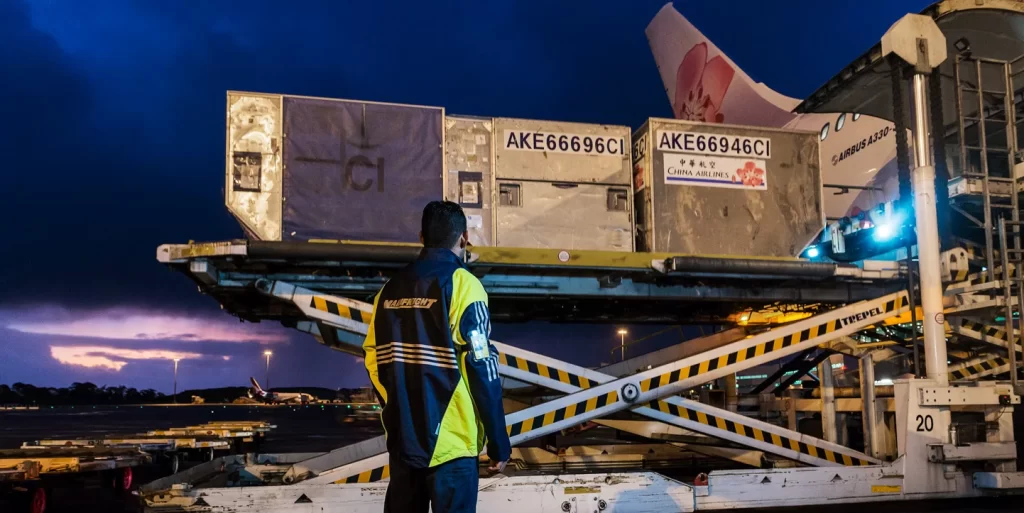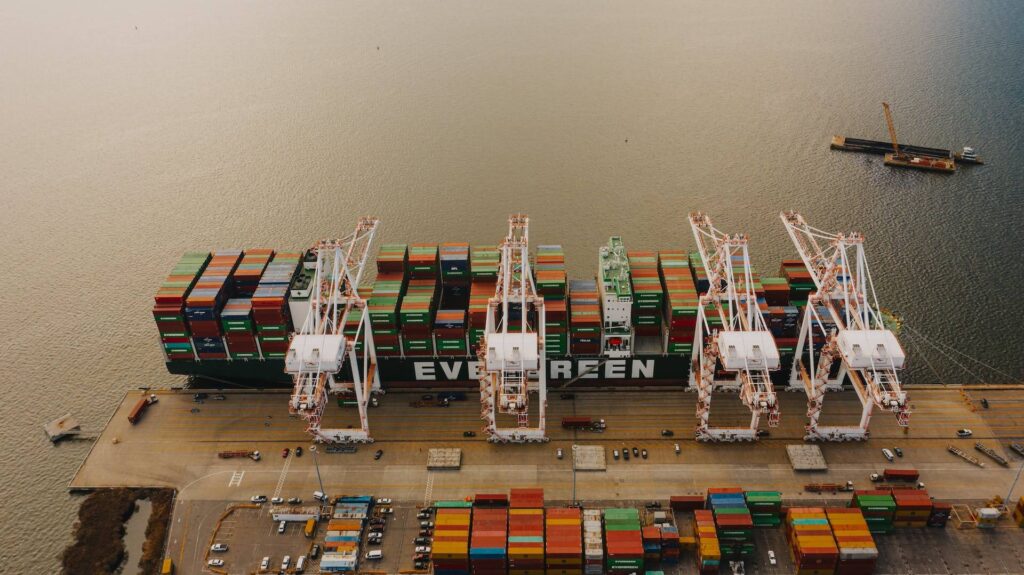Cheap shipping from China to Philippines is a top concern for businesses and individuals looking to import goods affordably while keeping delivery times reasonable. With the rapid growth of cross-border e-commerce and international trade, choosing the right shipping method can save thousands of dollars annually. This guide explores the costs, transit times, and documents needed, while also showing real-life case studies to help you make smarter shipping decisions.
What Are the Main Shipping Methods from China to the Philippines?
When importing from China, you can choose between several freight options, each suited for different shipment sizes, urgency levels, and budgets.
Air Freight
Air freight is the fastest method, usually taking 3–7 days, but it is significantly more expensive than sea freight. It’s best for small, high-value, or urgent cargo.
Sea Freight
Sea freight is the most common and economical choice for bulk goods. Transit times are 10–25 days, depending on port congestion and route.
Courier Services
Express couriers like DHL, FedEx, and UPS offer door-to-door services. Delivery usually takes 3–5 days, but rates are higher compared to standard shipping.
Rail + Road Connections
For inland shipments within China before reaching the port, rail and road are often combined with sea or air freight.
How Much Does Cheap Shipping from China to Philippines Cost?
Shipping prices depend on method, weight, volume, and destination city. Here’s an overview:
| Method | Cost Estimate | Transit Time | Best For |
|---|---|---|---|
| Air Freight | $4 – $8 per kg | 3 – 7 days | Urgent, lightweight shipments |
| Sea Freight | $500 – $1,200 per 20ft container | 10 – 25 days | Bulk goods, large shipments |
| Courier | $7 – $12 per kg | 3 – 5 days | Small parcels, e-commerce orders |
| Rail + Road | $2 – $5 per kg (domestic leg) | Adds 2–5 days | Inland transport to ports |
What Factors Affect Shipping Costs from China to Philippines?
Several factors determine the total cost of freight:
- Cargo Size and Weight: Larger volumes cost more, though sea freight offers economies of scale.
- Shipping Route: Direct routes are faster but sometimes more expensive.
- Incoterms: Terms like FOB, CIF, and DDP change cost responsibilities between seller and buyer.
- Customs Duties & Taxes: Philippine customs applies import duties (0–20%) plus 12% VAT.
- Fuel Prices and Surcharges: Fluctuations in fuel add to freight bills.
- Seasonality: Peak seasons like Chinese New Year increase rates.
How Long Does It Take to Ship from China to Philippines?
Transit times vary by port of origin and method chosen.
| Route Example | Air Freight | Sea Freight | Courier |
|---|---|---|---|
| Shanghai → Manila | 3 – 5 days | 12 – 18 days | 3 – 4 days |
| Shenzhen → Cebu | 3 – 6 days | 10 – 15 days | 3 – 5 days |
| Guangzhou → Davao | 4 – 7 days | 15 – 20 days | 3 – 5 days |
What Documents Are Required for Shipping from China to Philippines?
Customs clearance requires proper documentation. Missing documents can cause costly delays.
| Document | Purpose |
|---|---|
| Commercial Invoice | Declares the value and nature of goods. |
| Packing List | Provides package weight and dimensions. |
| Bill of Lading / Air Waybill | Proof of shipment, needed for customs clearance. |
| Certificate of Origin | Used to determine applicable tariffs. |
| Import Permit (if needed) | Required for restricted goods like electronics. |

What Are the Pros and Cons of Each Shipping Method?
| Mode | Pros | Cons |
|---|---|---|
| Air Freight | Fast, reliable, good for urgent goods | Expensive, limited cargo size |
| Sea Freight | Cheapest per unit, ideal for bulk cargo | Slow, potential port delays |
| Courier | Door-to-door, quick customs clearance | Higher cost per kg, limited to small parcels |
| Rail + Road | Flexible, ideal for domestic transfers | Adds time, cost before main freight |
Real Shipping Cases: Cheap Shipping from China to Philippines
Case 1: Shenzhen → Manila (Electronics via Sea Freight)
- Cargo: 1x40ft container of consumer electronics
- Cost: $1,000
- Transit Time: 14 days
- Outcome: Bulk shipment saved 40% compared to air freight, despite longer delivery time.
Case 2: Shanghai → Cebu (Garments via Air Freight)
- Cargo: 500 kg of clothing samples
- Cost: $3,200
- Transit Time: 4 days
- Outcome: Allowed retailer to meet urgent fashion season deadline.
How Can You Reduce Shipping Costs from China to Philippines?
- Consolidate Shipments: Group small parcels into one larger shipment.
- Choose LCL for Small Loads: Less-than-container load shipping saves money when you don’t need a full container.
- Work with Freight Forwarders: They negotiate bulk discounts and handle paperwork efficiently.
- Plan Shipments Off-Peak: Avoid peak season surcharges.
- Optimize Packaging: Reduce dimensional weight in air freight.

Should You Use a Freight Forwarder?
Freight forwarders provide end-to-end logistics support. They help by:
- Finding cheaper routes and consolidating shipments.
- Handling customs clearance and compliance.
- Offering tracking and insurance options.
- Negotiating better shipping rates with carriers.
Conclusion
In summary, cheap shipping from China to Philippines is achievable if you choose the right method, optimize packaging, and plan shipments strategically. Sea freight remains the most economical for bulk cargo, while air freight and couriers provide speed for urgent needs. By working with experienced freight forwarders and consolidating shipments, importers can save money and ensure timely deliveries.
- Consult TJ China Freight Forwarding for the lowest quote. They will provide you with reliable, cost-effective service.
FAQs
Q1.What is the cheapest way to ship from China to the Philippines?
Sea freight is the cheapest for bulk shipments, offering the lowest cost per unit compared to air or courier freight.
Q2.How much does it cost to ship 1kg from China to the Philippines?
Air freight typically costs $4–$8 per kg, while courier services may charge slightly higher for faster delivery times.
Q3.Can I ship small parcels cheaply from China to the Philippines?
Yes, courier consolidation services offer cheap shipping for small parcels, with door-to-door delivery in 3–5 days.
Q4.What is the transit time for cheap sea freight from China to the Philippines?
Sea freight usually takes 10–25 days, depending on origin port, shipping line, and customs processing time in the Philippines.
Q5.What customs duties apply when importing from China to Philippines?
Import duties range from 0–20% depending on the product type, plus a 12% VAT charged on most imported goods.





